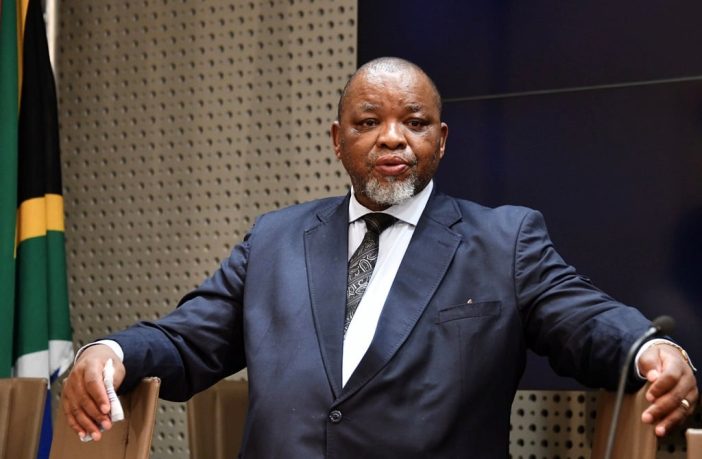- South Africa’s Mineral Resources and Energy Minister Gwede Mantashe says the Electricity Regulation Amendment (ERA) Bill will “radically transform the structure of the electricity sector” for the better.
- The bill was passed through a majority in the National Assembly on Thursday after the bill was improperly submitted in April last year by the Ministry of Mineral Resources and Energy (DMRE).
- It is also seen as a way out of the country’s energy crisis by allowing more private sector participation in generation, transmission, and distribution.
- The people of South Africa face daily blackouts of up to 10 hours.
The bill paves the way for a more decentralised energy sector which has traditionally been controlled exclusively by the state. Specifically the bill now provides for:
- the National Energy Regulator to consider applications for licences and the issue of licences plus the revocation and deregistration of licences
- additional electricity, new generation capacity and electricity infrastructure
- the establishment, duties, powers, and functions of the Transmission System Operator SOC Ltd and transitional measures
- The assignment of duties, powers, and functions to Transmission System Operator SOC Ltd to the National Transmission Company South Africa SOC Ltd which includes the ability to act as a wheeler and dealer of electricity.
- an open market platform that allows for competitive electricity trading.
In his written remarks for the debate of the adoption of the bill, Mantashe said the ERA Bill will have a positive impact on future generations.
“Notwithstanding the divergent views raised by the public on the introduction of a competitive market, the establishment of the TSO, and on offences and penalties for those who vandalise electricity infrastructure, we are of a firm view that the changes to the regulatory framework will radically transform the structure of the electricity sector for future generations,” his speech read.
The ERA Bill went through a rigorous parliamentary process including public consultation since its introduction to the house.
“In keeping with the Batho Pele Principles, the Bill went through extensive consultations…including periods for public comments initiated by both the DMRE [Department of Mineral Resources and Energy] and Parliament. In addition, the Portfolio Committee on Mineral Resources and Energy (PCMRE) conducted physical public hearings on the ERA Bill in all provinces. We are buoyed by the overwhelming support for the amendments to the ERA Bill by the citizens of this country. Cognisant of the concerns raised by some members of this house regarding NERSA retaining the powers to ‘set and approve prices and tariffs, we are in full support of the Portfolio Committee’s view that end-users need to be protected from possible price manipulation by market participants and therefore NERSA needs to retain the powers to intervene when necessary,” Mantashe said.
The Minister said the adoption of the Bill is “yet another significant milestone in the performance of the sixth administration. We are, therefore, convinced that the adoption of this Bill will not only give effect to Eskom unbundling reforms, but it will also encourage private sector participation in the electricity industry and thus introduce competition in the industry,” he said.
“We are, therefore, convinced that the adoption of this Bill will not only give effect to Eskom unbundling reforms, but it will also encourage private sector participation in the electricity industry and thus introduce competition in the industry,” concluded Mantashe.
Link to the full bill HERE: B23_2023_Electricity_Regulation_Amendment_Bill
Author: Bryan Groenendaal















